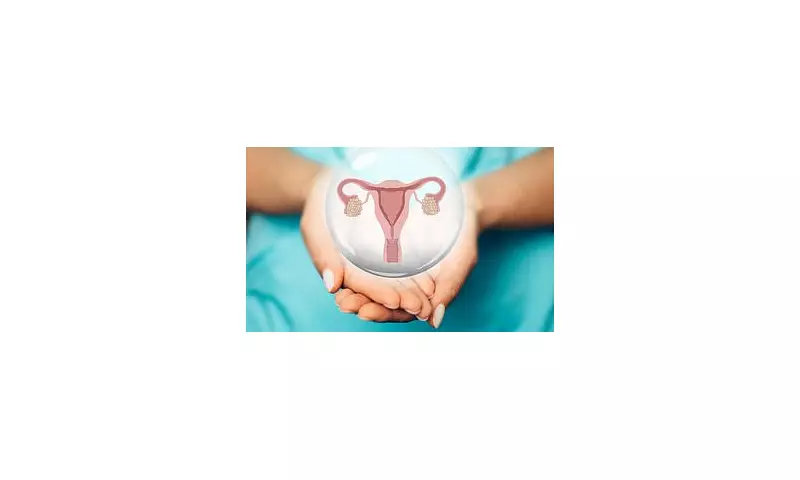
Women across the UK are being warned against shelling out for expensive and potentially misleading private hormone tests that claim to diagnose the menopause. Leading medical experts have branded these direct-to-consumer kits a costly 'waste of money' that offer false promises and inaccurate readings.
Why Hormone Tests Fail for Menopause
According to a powerful joint statement from the British Menopause Society (BMS), Royal College of Obstetricians and Gynaecologists (RCOG), and the Society for Endocrinology, hormone levels fluctuate wildly during the perimenopause. This makes a single snapshot test utterly unreliable for diagnosis.
The official NHS and National Institute for Health and Care Excellence (NICE) guidance is clear: a diagnosis should never be made based on a hormone test alone. Instead, it should be based on a patient's symptoms, medical history, and a conversation with a GP.
The Real Cost of False Results
These private tests, which can cost hundreds of pounds, pose a significant risk. They can provide false reassurance with normal results despite a woman experiencing very real symptoms, or conversely, cause unnecessary alarm with abnormal results that may be completely natural for that stage of life.
Experts fear this is leading to a two-tier system where women who can afford to go private are being misled, while those relying on the NHS receive evidence-based care.
Trust Your Symptoms, Not a Test
The core message from top medical professionals is to trust your body. The most important indicator of perimenopause and menopause is the presence of classic symptoms like hot flushes, night sweats, mood changes, and brain fog.
If you are struggling with symptoms, the recommended course of action is to book an appointment with your GP, not to order an expensive test online. Your doctor is best placed to provide a correct diagnosis and discuss the full range of treatment options, including Hormone Replacement Therapy (HRT) and lifestyle changes.





